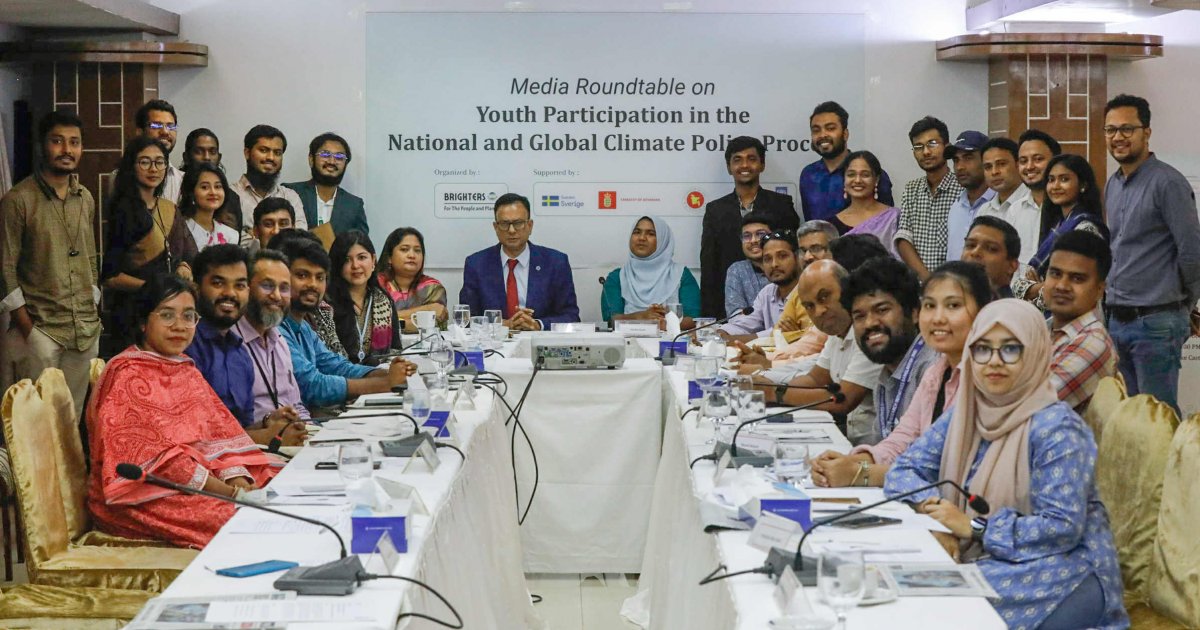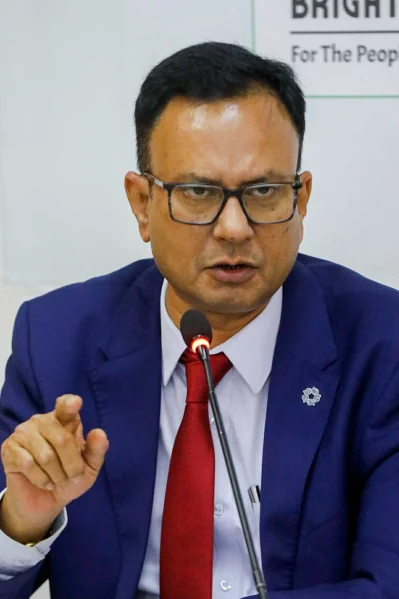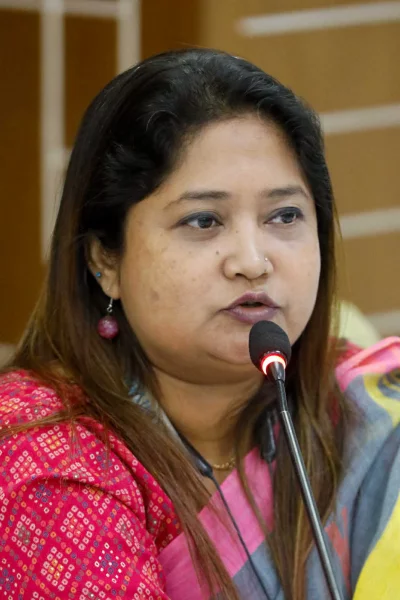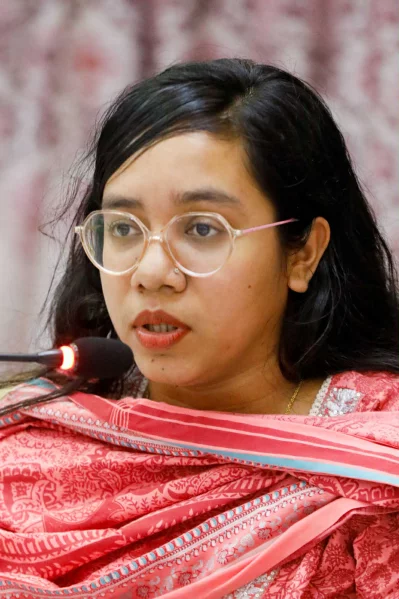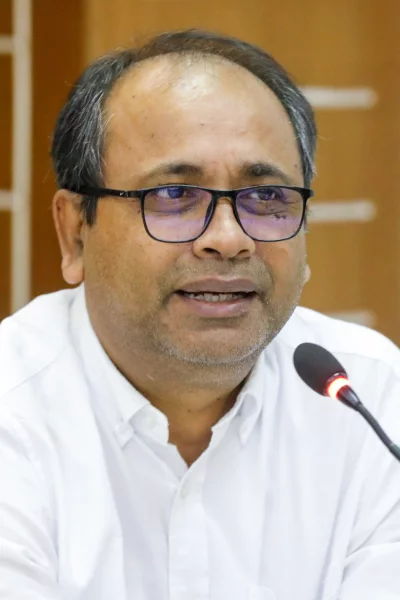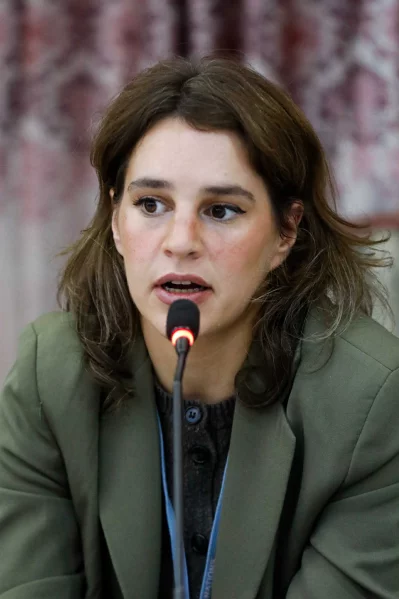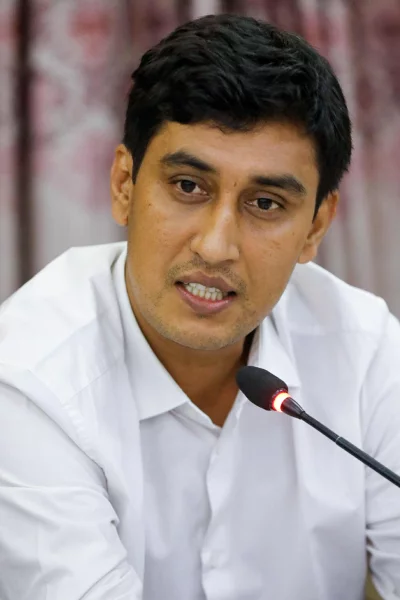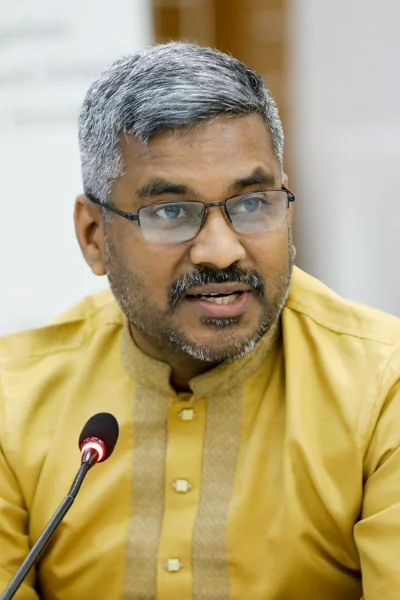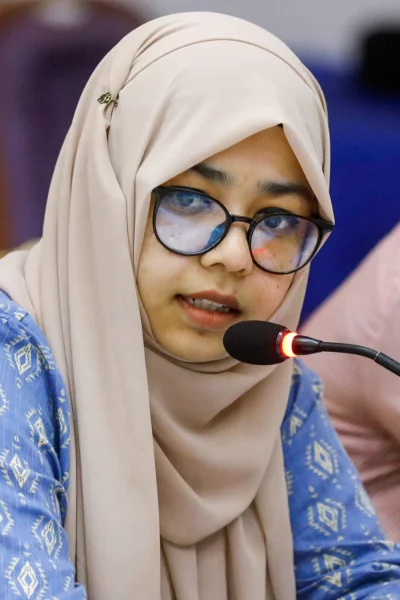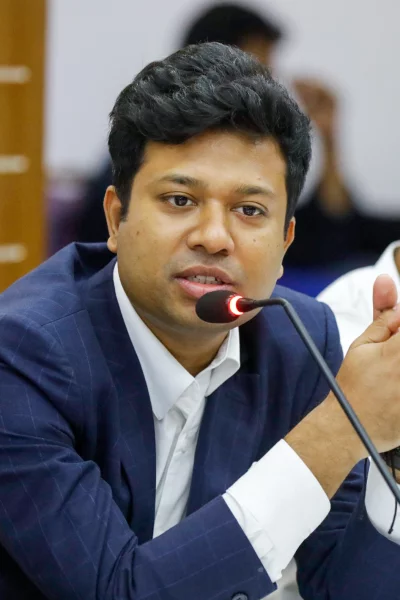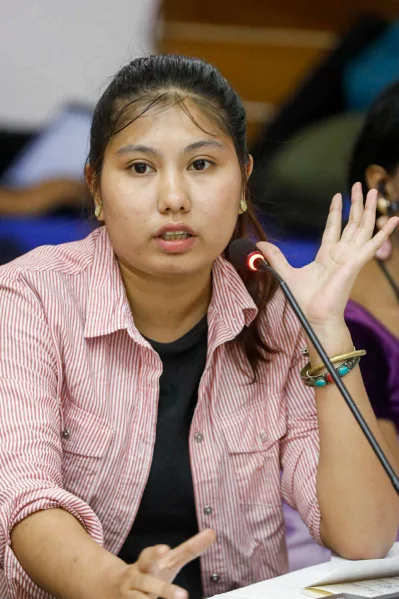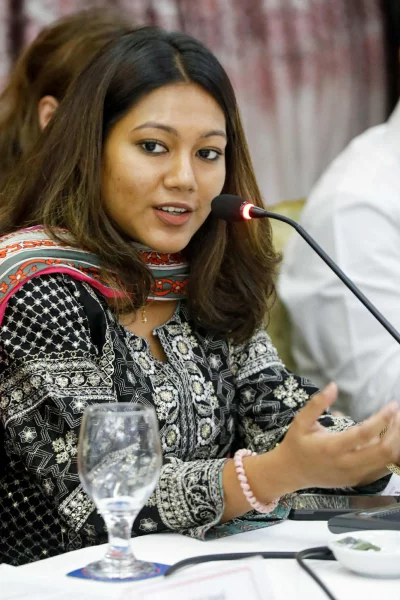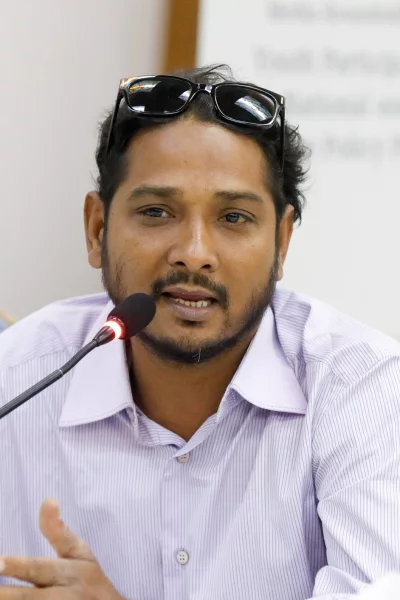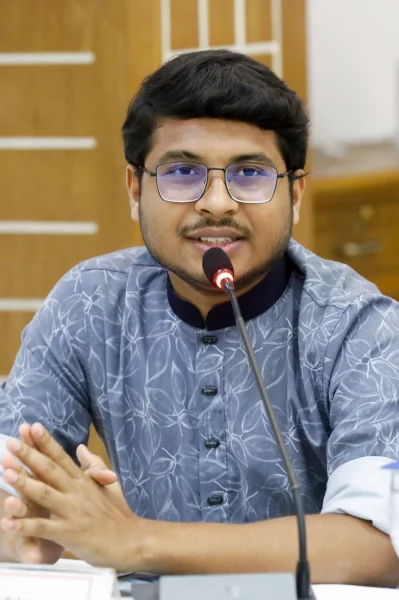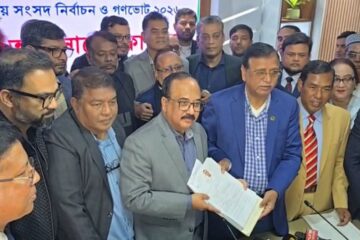Youth leaders, policymakers, and development partners have called for institutional reforms to ensure meaningful youth participation in climate policy, both in Bangladesh and on the global stage.
The media roundtable, titled “Youth Participation in the National and Global Climate Policy Process,” was held under the theme “Empowering Youth Voices in Climate Governance: From Local Action to Global Influence.”
Organized by Brighters Foundation in partnership with Local Government Initiative on Climate Change (LOGIC) Bangladesh – a joint partnership between UNDP and UNCDFP supported by Government of Bangladesh, Embassy of Sweden and Denmark. The event brought together senior journalists, policymakers, and climate advocates to discuss how young people can shape the country’s climate future.
Speakers highlighted that although Bangladeshi youth have long driven community-level climate action, from awareness campaigns to adaptation projects, their presence in formal policy processes remains limited.
They emphasized that while frameworks such as the Bangladesh Climate Change Strategy and Action Plan (BCCSAP) and the National Adaptation Plan (NAP) mention youth inclusion, structured avenues for engagement and decision-making are still missing.
Participants also underscored that despite Bangladesh’s active participation in global forums like the UNFCCC and COP negotiations, young voices remain largely absent from these spaces.
Institutional mentorship, education in policy processes, and targeted opportunities for representation were identified as critical gaps.
Participants closed the roundtable with a collective call to ensure that young people move from the periphery to the center of climate governance.
The message was clear: Bangladesh’s climate future depends on empowering youth, not just as advocates, but as architects of policy and action.
AKM Sohel
Wing Chief (United Nations), ERD, Ministry of Finance
“If we train our youth today, they’ll lead tomorrow’s negotiations. Institutionalized youth participation is not optional, it’s essential. Assigning young assistants to senior negotiators at COP summits can build intergenerational capacity and ensure continuity in climate leadership. Financial innovation is equally vital. As foreign grants decline, we must invest in our own youth through specialized training on climate finance, green bonds, and resource mobilization.”
Roufa Khanum
Assistant Director, C3ER, Brac University
“Positivity brings progress. My journey in climate work taught me that optimism and knowledge go hand in hand. When young people focus on learning and offering constructive solutions rather than criticism, they become agents of change. Mentorship and open-mindedness are the foundations of resilience and resilience is what climate leadership demands most.”
Sumaya Binte Shelim Sudha
Coordinator, ICCCAD
“Progress comes through collaboration. Sustainable change happens when institutions, volunteers, and experts work hand in hand. Our youth are advancing not only through activism but through technical knowledge. Bangladesh’s growing professional capacity in climate development proves that practical engagement and mentorship can sustain our progress far beyond slogans.”
Golam Rabbani
Associate Director, Brac Climate Change Programme
“We’ve made progress, but scattered efforts won’t work. Climate policy must move beyond rhetoric. We need coordination, accountability, and implementation. Stronger advisory committees, dedicated budget allocations, and strategic inter-ministerial cooperation can transform vision into action. Youth inclusion must be institutionalized if we want evidence-based policy to succeed.”
Valentina Spinadi
Climate and Progress Specialist, Unicef Bangladesh
“Youth are not victims; they’re innovators. Across Bangladesh, young people are leading adaptation projects, shaping narratives, and driving solutions. The climate crisis is both their challenge and their opportunity. Media attention and institutional support can ensure that youth-led initiatives translate into representation and reform. Unicef’s Youth Voice initiatives aim to make this shift real, from participation to leadership.”
Mostafizur Rahman
Senior Program Officer, Embassy of Sweden in Bangladesh
“True development requires grassroots participation. Empowering young minds today means securing a sustainable tomorrow. Sweden supports inclusive and community-led climate governance that values transparency, innovation, and accountability. We must build systems where young people are not only consulted but trusted to lead.”
Dr Kamruzzaman
Chairman, Centre for Atmospheric Pollution Studies (CAPS)
“We lack local expertise in emission studies and data-driven policymaking. Climate change must be integrated into our education and research systems. Let’s introduce climate science in curricula, enhance air pollution monitoring, and connect universities with local governments. Let’s not just discuss problems, let’s act on solutions.”
Rubaya Nasrin
Program Officer, Friendship NGO
“When youth are trusted, they deliver. In Gaibandha and Kurigram, young women are leading flood resilience projects and community mobilization. Real climate progress starts in the communities most affected. Policymakers must listen to local voices and promote grassroots innovation. Collaboration between NGOs, the private sector, and youth groups is the key to sustained adaptation.”
Karimul Islam Tuhin
Representative, City Bank Limited
“Our duty goes beyond profit, it’s about securing a sustainable future. The financial sector must drive resilience through green bonds, sustainability-linked loans, and climate-smart investments. Young professionals have the creativity to design these tools. Partnerships between banks and youth-led organizations can mobilize local capital for climate adaptation.”
Ukhing Chak
Head of Strategic Partnership, Green Milieu
“We must build bridges, not barriers. Youth in other countries engage far more effectively in climate policy discussions because they have structured platforms. Bangladeshi youth still face institutional and cultural obstacles that keep them out of policymaking. We need spaces that connect activists, policymakers, and global institutions so youth can be represented in the dialogues that shape their future.”
Sousan Suha
Youth Engagement Analyst, UNDP Bangladesh
“We often talk about inclusion but fall short in practice. The Youth Voice Mechanism is a step forward — a platform for young people to share their decisions directly with government officials. Creating spaces for young decision-makers is not just symbolic; it’s essential. Youth must push beyond social boundaries and lead in every sector, not just activism.”
Mohammad Mohasin
Founder, Bangladesh Wheelchair Cricket Team
“When I started in 2010, there were only 32 players, now we have 200. Persons with disabilities can and should be part of the climate conversation. We don’t want sympathy, we want partnership. Equal opportunities in training, policymaking, and project implementation will make inclusion real, not rhetorical. Climate justice must mean accessibility for all.”
Saidur Rahman
Founder and Director, Brighters Foundation
“The enthusiasm of youth must translate into real participation. We talk about inclusion, but structural barriers persist. The Department of Youth Development and the National Youth Council need reform so that youth voices can genuinely influence decision-making. From climate to governance, young people deserve not tokenism but trust.”
Key recommendations
- Ensure youth inclusion in climate policymaking.
- Launch mentorships linking young negotiators with senior officials.
- Provide training on climate finance and resilience.
- Improve coordination across ministries for inclusive policies.
- Create youth representation platforms at UNFCCC and COP.
- Embed climate topics in education and research.
- Back youth-led grassroots climate innovation.
- Attract private investment in youth climate solutions.
- Guarantee disability inclusion in all climate programs.
- Boost media coverage to amplify youth voices and accountability.
